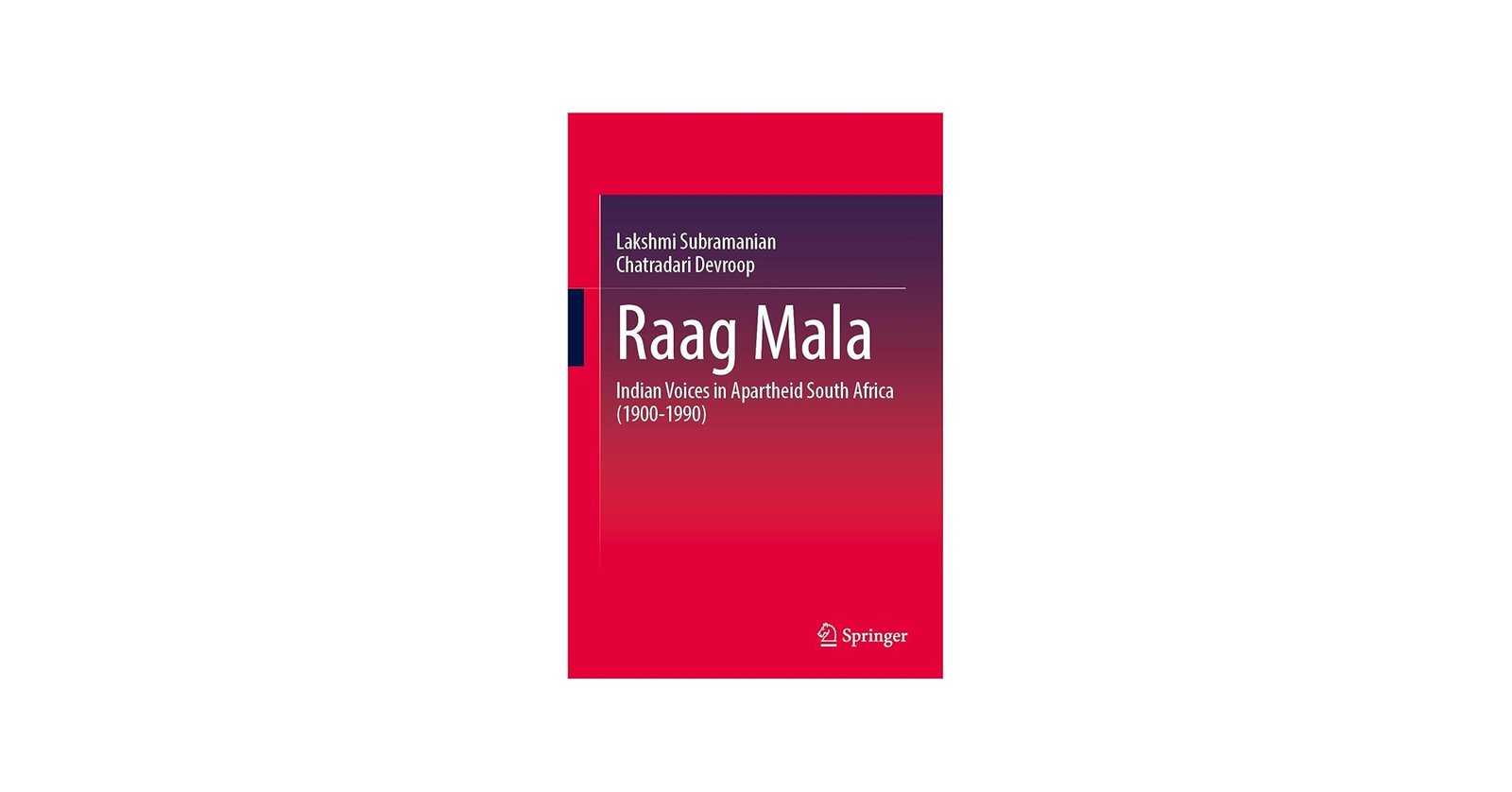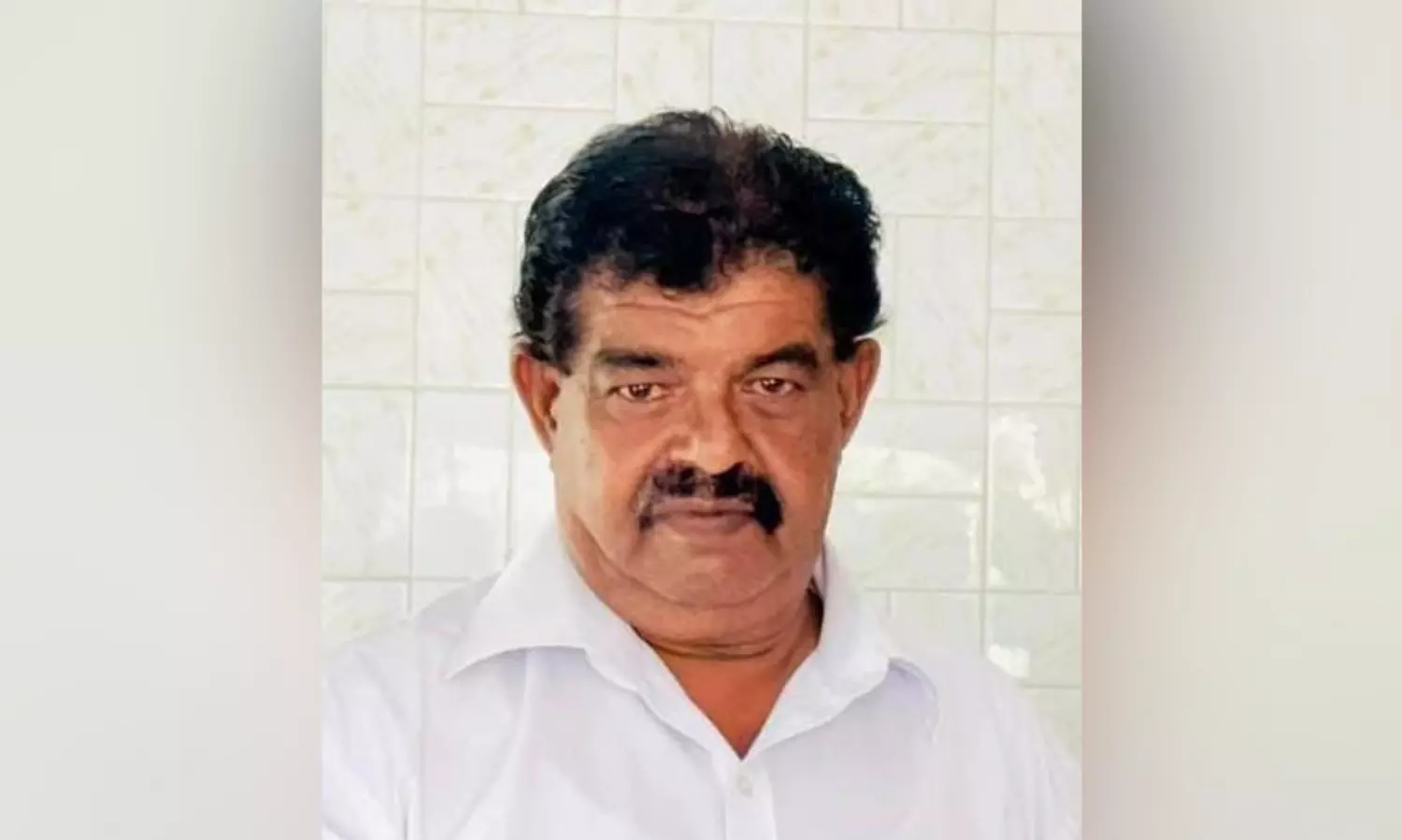Incredible India: All residents in Sheo village in Barmer are classical musicians
 By Vidushi Mehrotra
By Vidushi Mehrotra
Across Rajasthan comes the resonance of people from Sheo, a village in Barmer district. This village, in the Indian state of Rajasthan, is well known for its quirky reason that everyone is a born musician with extraordinary voice and talent. In fact, all the residents in this village are classical musicians.
From the age of five till the time when death knocks, they indulge in celebrating their own melody, with their voice contributing to the growth of Indian classical music, quite like vintage wine.

Here servings to God are made through music, as people have faith that the only way to attain and acquire God’s wisdom is to commit to music. Undoubtedly people from this village need to be understood for the depth of their feelings.
Known as Sindhi Muslims, they embark on the tenets of unity and love through their thoughts with the other communities.
They are the epitomes of social harmony as well. During Eid, the first ritual to be followed by the Muslims here is to visit their Hindu friends in order to accept the first Eidi (Festival gift taken generally from elders).
The place narrates stories right from the very faces of the people here, eloquent and expressive. The excessive amount of stamps on their passports, far more than on their ration cards, tells us that the world loves them… the world that is inspired by Indian Classical music.

Living closest to the Indo-Pak border, people here have less access to formal education, but they have paved their way to knowledge. They are highly well versed in foreign languages; they hold respect, wisdom and most importantly, societal morals at the highest level. The Sindhi Muslim community is divided into two castes, Meerasi and Manganiyar.
These are the people who embrace and celebrate the epitome of love and unity between two communities; following the Muslim tradition and culturally, they sing praises of Hindu gods.
They are the epitomes of social harmony as well. During Eid, the first ritual to be followed by the Muslims here is to visit their Hindu friends in order to accept the first Eidi (Festival gift taken generally from elders).

People residing here have imbibed strength of culture and unity among themselves. Not only this, these people are the creator of their own instruments. ‘Kamaicha’, is an exclusive and unique creation by luthier, which is made of goat skin. The instrument body is carved out of mango wood, and the ‘gajh’ (bow) is of rosewood. It has 15 strings in total, out of which three major strings are made of goat’s intestines and the other 12 are made of steel. The head of the instrument has 15 string holders (big ones- Mor and small ones – Morni). Mor and Morni are adjusted to set tune in Kamaicha.
‘Kamaicha’ is only played by the Manganiyar Community as it represents their history and tradition. It is on the verge of extension as nobody knows how to make it or play it other than the people of Sheo. Moving back in time, there was a luthier in Ahmedabad who discovered ‘Kamaicha’. However, his legacy was later carried on by the Manganiyar community.

As you leave the place, the melody laced with classical notes follows you. You carry the distinct and soulful melody of ‘kamaicha’ as you pass. No doubt, Sheo leaves a permanent imprint on the minds of its visitors.












